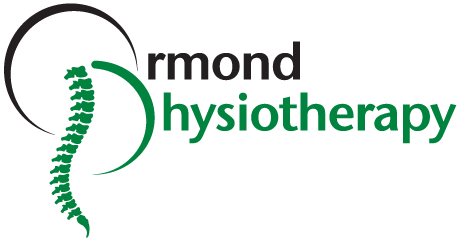As different sports evolve, becoming faster and more physical, ACL injuries are on the rise. Australian cricketer Georgia Wareham, AFL player Josh Bruce, and Australian netballer Keira Austin are a couple that come to mind who have recently suffered ACL injuries while participating in their respective sport. With the rise of ACL injuries, many sports have introduced warm up protocol such as netball’s KNEE program and Soccer’s FIFA 11+ program.
But what is the ACL?
The ACL is the Anterior Cruciate Ligament. It is a strong band of tissue that runs from the bottom of the thigh bone, to the top of the shinbone, deep inside the knee joint itself. It’s action is to prevent excessive motion in the knee. Unfortunately, the ACL is the most common ligament injured in the knee.
What is an ACL injury?
The ACL can be lightly sprained or in more severe cases completely ruptured. Sudden changes in direction, abruptly stopping from speed, landing or jumping awkwardly can all injury your ACL. ACL injuries are graded into 3 categories of severity; Grade 1 – mild sprain, Grade 2 – moderate sprain, and Grade 3 – severe sprain (rupture). The severity of your sprain can be identified through MRI imaging.
What are the symptoms?
Feeling a click or popping at the time of injury is not uncommon and is associated with significant pain levels. Swelling around the knee and inability to continue your activity, along with reduced range of knee motion are all common symptoms of an ACL injury. Additionally, a feeling of giving way or instability while weight bearing is a common sign your ligament has been injured.
How can I help the pain?
If you think you’ve injured your knee in anyway, including your ACL, ensure you follow the R.I.C.E. protocol until you are able to have it assessed by you physiotherapist. Once you are able to see a therapist, they have multiple clinical tests to check the integrity of your ACL. They can then provide you with the appropriate treatment and kick-start your rehabilitation right here at Ormond Physiotherapy.
Alternatively, if you’re worried about your knee stability and want to prevent an ACL injury, our therapists can assess you appropriately and provide a preventative exercise program to help reduce your risk of ACL injury. So, don’t leave it ’til it’s too late. Come in and have your knee, or knees, assessed today.
To book your appointment call our friendly team on 9578 6588 or click the button below!

